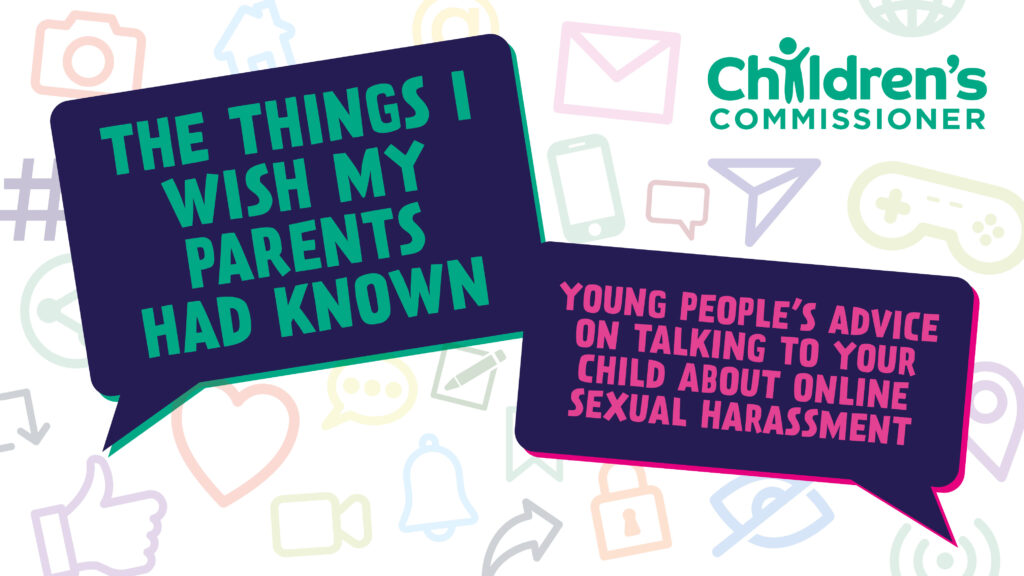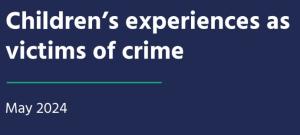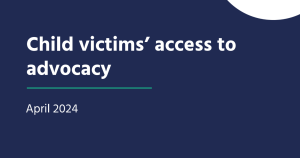
Foreword by Dame Rachel de Souza DBE
Since March 2020, thousands of young women have been sharing their experiences of sexual harassment through the ‘Everyone’s Invited’ project. This is an online platform where girls ‑ who are still mostly in school – have described growing up in a world where harassment, including sexualised comments, slut‑shaming and the sharing of nude pictures, is part of their everyday lives. This harmful behaviour happens online and offline. I’ve seen this first‑hand during my time as a headteacher and I know how stressful and damaging it can be for children, especially girls.
Of course, boys can experience sexualised bullying too, and when they do it’s often in the form of homophobic abuse, or through pressure to be more ‘masculine’.
When I became Children’s Commissioner for England I undertook the largest ever survey of children – The Big Ask – to understand children’s lives. The findings of this survey gave me a lot of hope for this next generation, not least because of their incredible resilience. But children, especially girls, talked about their experiences of sexualised bullying and peer‑on‑peer abuse and were calling firmly for more support. Most children want that support to come from their parents or carers.
Talking to our children about this issue can be hard. Parents tell me they sometimes feel uncomfortable, not just because of the sexualised nature of the topic, but also because their children know more about technology than they do. For mums, dads and carers who grew up without smart phones, this whole world can feel bewildering.
But children want to talk to their parents and carers about this. We know this because they’ve told us. And that’s what is at the heart of this guidance.
We brought together a group of 16–21 year‑olds and asked them to tell us what they think parents should know, and what they should say to their children when talking about sexualised bullying and the pressures of growing up online. We asked them to think back to when they were a bit younger and tell us what their parents and carers did and said that was helpful…and what wasn’t.
This guidance is based on the voices of young people giving adults their tips on how to tackle this subject.
I also convened a steering group of the leading organisations working in this area and listened to their expertise. We’ll signpost to their excellent work for those who want more information, but this guide serves as a starter kit – an entry point for parents and carers who want to talk to their children but need a bit of support to understand the issues and to start a conversation.
The overriding message you’ll see from our focus group is talk early, talk often. You might be surprised how early our young people felt parents need to start the conversation. But children want an age‑appropriate conversation that evolves over time in line with their growing maturity.
My advice to parents and carers is to create the culture before the crisis. Children have told us they want their mums and dads to create a safe, judgment‑free space for them to talk about these issues. It’s better to do that before you hit a problem rather than trying to create that mood while you’re dealing with one.
It takes a lot of bravery for a child to share their experiences of abuse or harassment. Parents and carers are telling me they want to match that bravery in getting to grips with these issues. Things that might feel uncomfortable to begin with, will feel less so over time. Parents and carers need to grasp the nettle as they support their children navigating this complex part of growing up. Our children have told us it’s what they want. This guide will help you get there.





